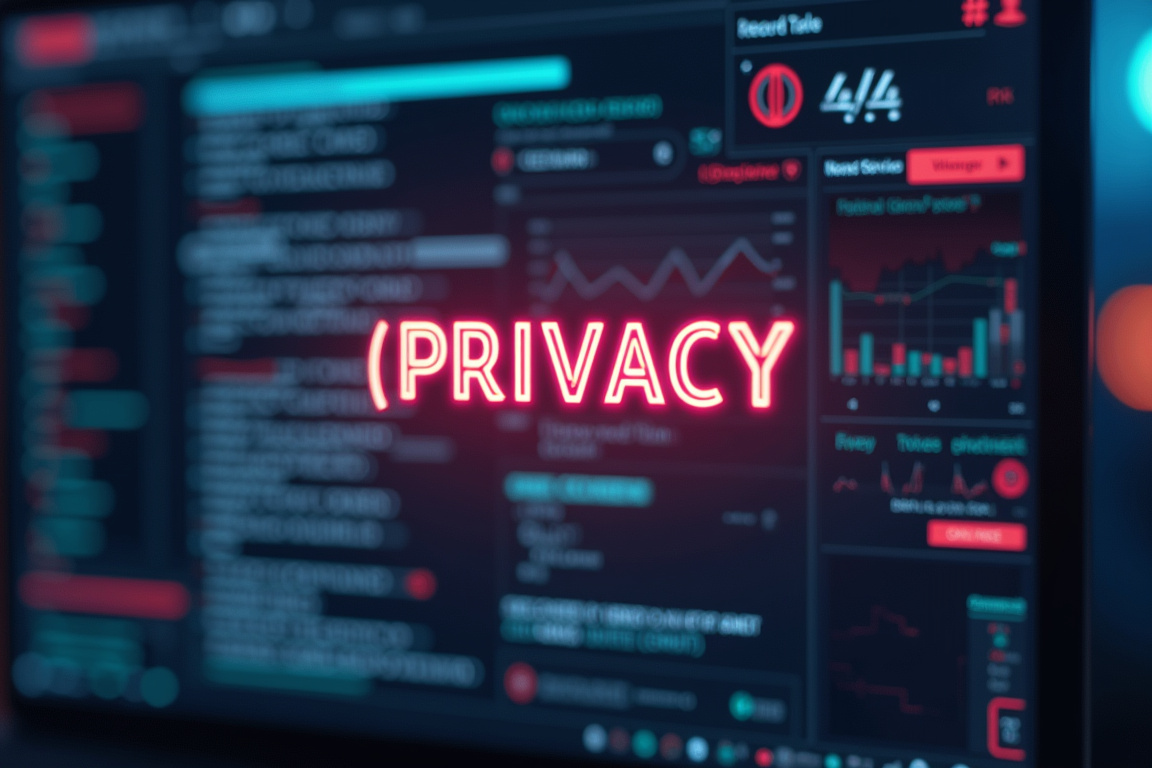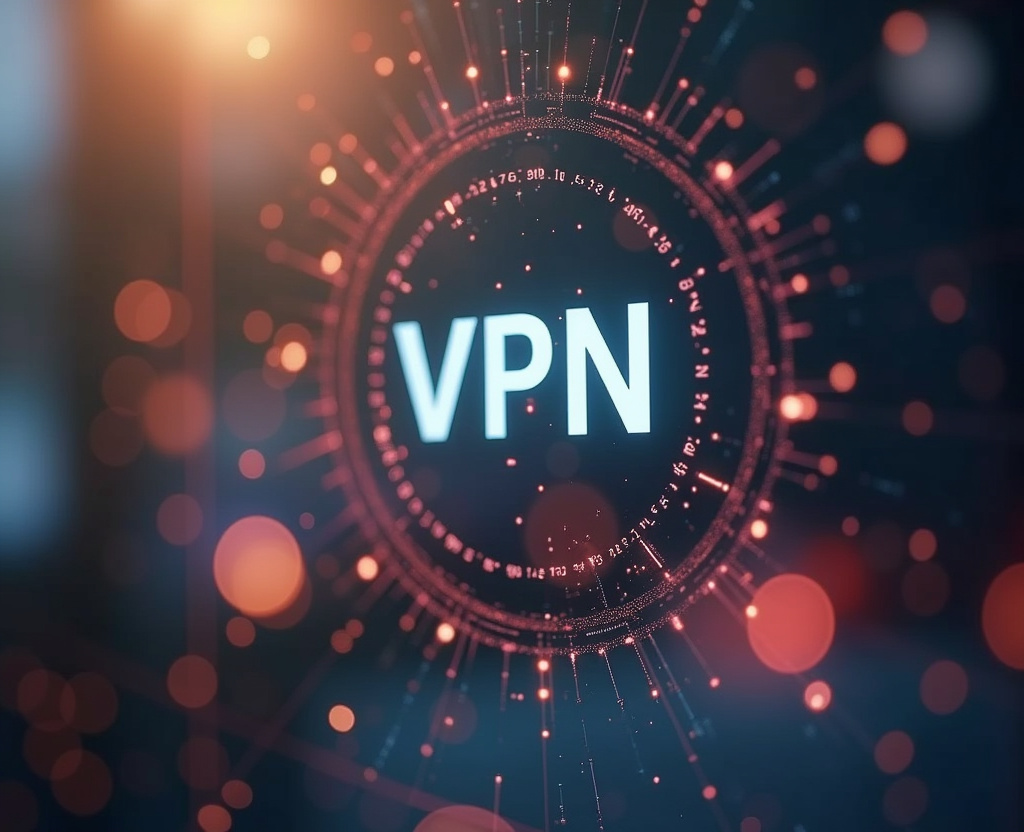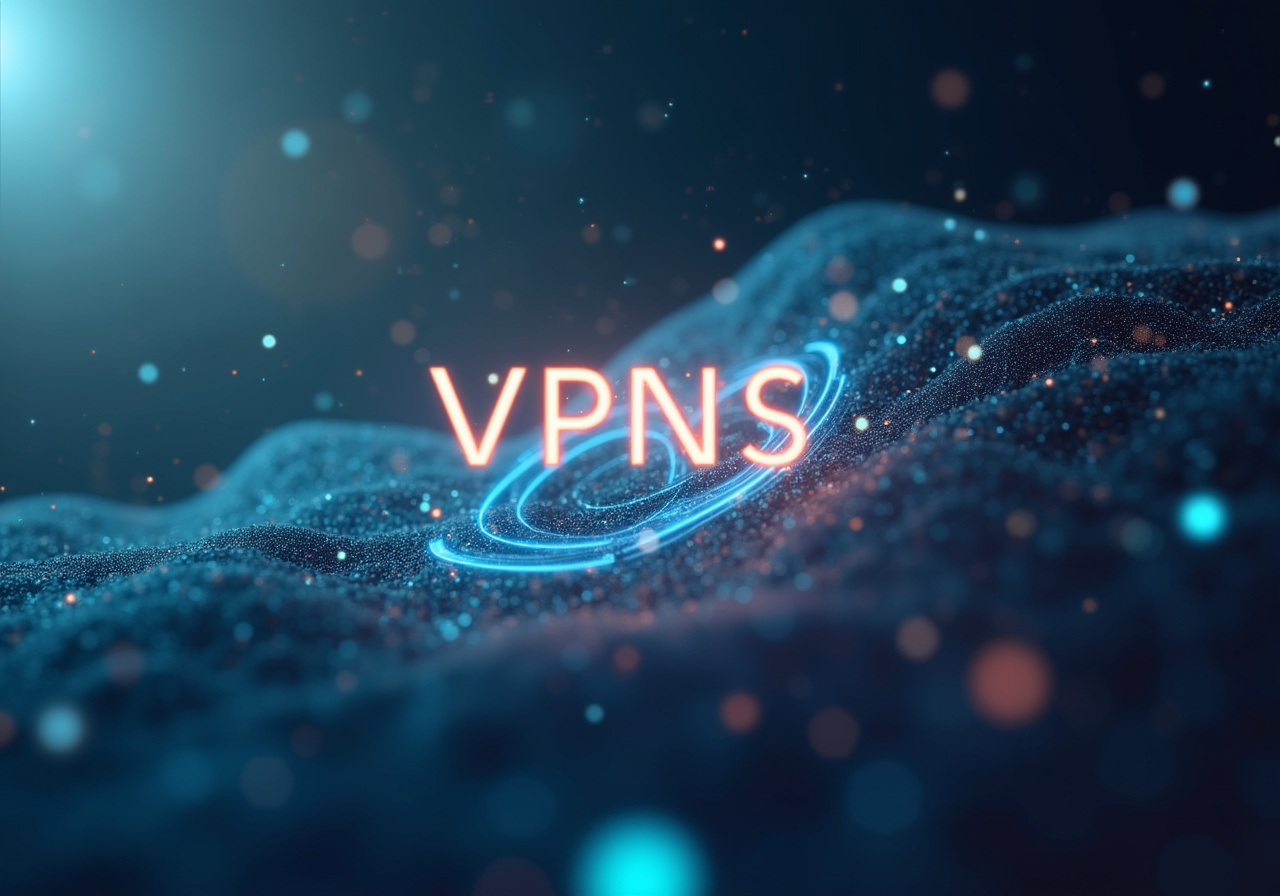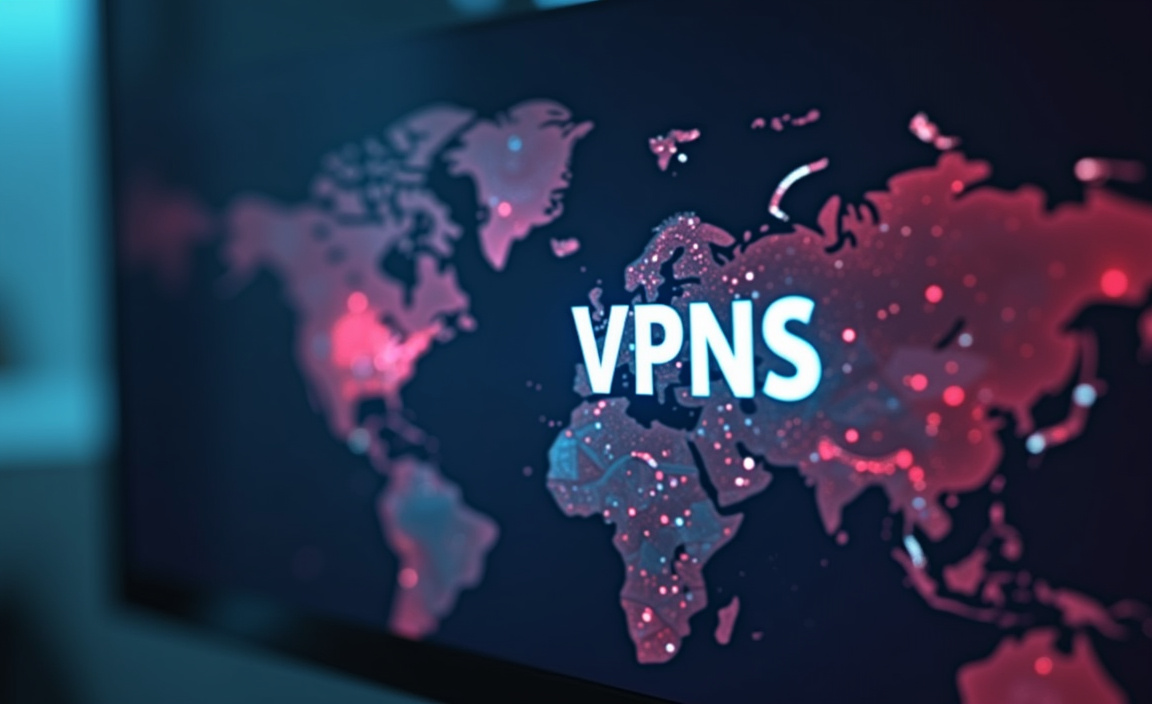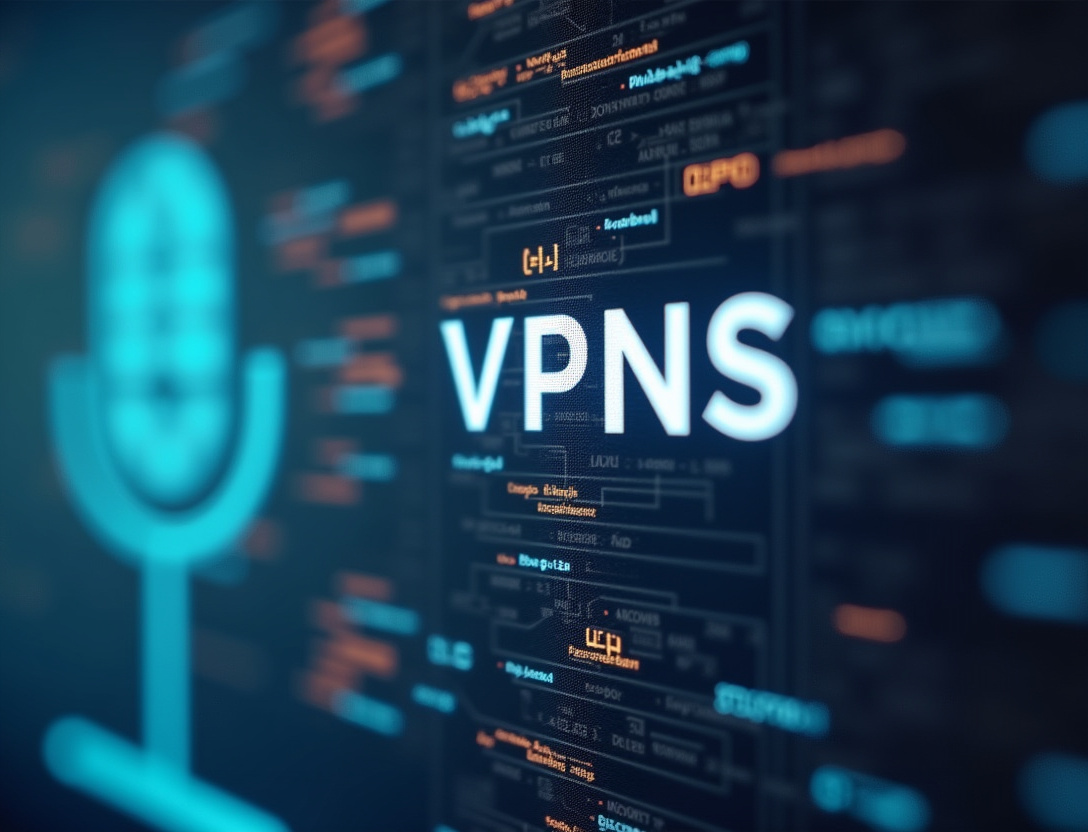How VPNs Can Improve Your Streaming Quality
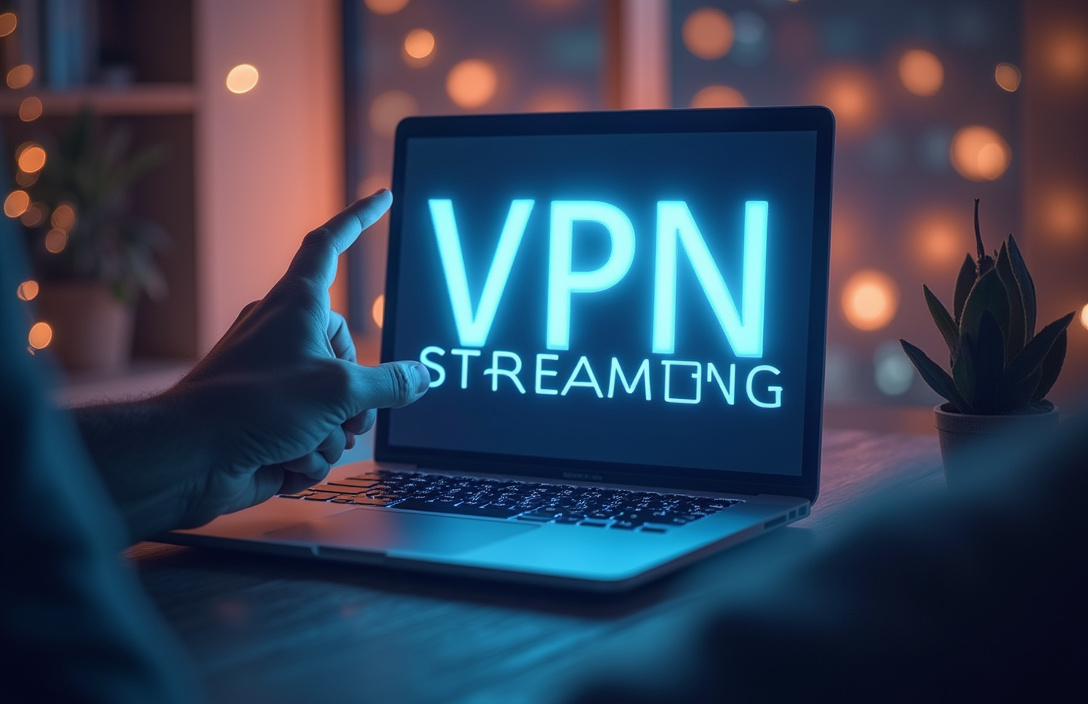
Table of Contents
robust VPN services
In the ever-evolving landscape of digital entertainment, streaming has emerged as the undisputed champion, offering on-demand access to a vast library of movies, TV shows, live sports, and more. However, the dream of seamless, uninterrupted streaming is often marred by frustrating realities – buffering screens, sluggish loading times, and the unwelcome barrier of geo-restrictions. While internet service providers (ISPs) are often the first to be blamed, the culprit might also be suboptimal routing or deliberate bandwidth throttling.
This is where the often-overlooked power of Virtual Private Networks (VPNs) comes into play. While traditionally associated with online privacy and security, a VPN can be a potent tool for enhancing your streaming quality and unlocking a world of content you never knew existed. This article delves into the multifaceted ways in which a VPN can significantly improve your streaming experience, addressing the common pain points and providing practical solutions to achieve the smooth, buffer-free entertainment you deserve.
By understanding the intricate mechanisms and benefits a VPN offers, you can leverage to optimize your streaming setup and bid farewell to frustrating interruptions. The core promise of a better streaming experience often hinges on overcoming latency issues. Latency, in simple terms, is the frustrating delay that occurs between clicking "play" and the video actually starting.
This delay is caused by the time it takes for data to travel from the streaming server to your device and back. A VPN, somewhat counterintuitively, can sometimes reduce latency by intelligently routing your internet traffic through more efficient pathways than your ISP might choose. Consider this scenario: You're eagerly anticipating a new episode of your favorite show, hosted on a server located across the globe.
Without a VPN, your ISP might route your traffic through a series of less-than-ideal paths, leading to unnecessary delays and the dreaded buffering symbol. However, by connecting to a VPN server located closer to the streaming server's geographic location, you can potentially bypass these inefficient routes and establish a more direct, streamlined connection, ultimately minimizing latency and accelerating the start of your streaming session. But the advantages don't stop there.
ISPs, in their efforts to manage network congestion and prioritize certain types of traffic, sometimes engage in bandwidth throttling. This practice involves deliberately slowing down your internet speed, particularly when they detect that you're streaming bandwidth-intensive content, especially during peak usage hours. This can manifest as frustrating buffering, a drop in video quality, and an overall degraded streaming experience.
Thankfully, a VPN can act as a shield against bandwidth throttling by encrypting your internet traffic. When your ISP can no longer decipher the type of data you're transmitting – whether it's for web browsing, email, or streaming – they are less likely to single out your streaming activity for throttling. This allows you to maintain a more consistent and predictable internet speed, facilitating smoother streaming and minimizing those irritating interruptions.
Moreover, the encryption provided by a VPN adds a valuable layer of privacy, preventing your ISP from monitoring your online habits and respecting your right to browse and stream content without undue surveillance. Therefore, the adoption of is growing rapidly as increasing numbers of entertainment services operate on a subscription-based model. The inherent advantage of using a VPN while streaming lies in its ability to circumvent restrictive geo-restrictions and safeguard your online privacy, offering a superior and more secure entertainment experience.
This ability to is a game changer for many users.
minimize buffering
One of the most persistent and widespread frustrations faced by streaming enthusiasts is the dreaded wall of geo-restrictions. Streaming services, while offering a wealth of content, often impose limitations on the availability of specific movies, TV shows, and other media based on your geographical location. These restrictions are typically driven by complex licensing agreements, content distribution rights, and regional broadcasting regulations.
This means that a captivating documentary available in one country might be completely inaccessible to viewers in another, leading to feelings of frustration and a sense of missing out. A VPN provides a powerful key to unlock these geographically restricted content libraries. By masking your true IP address and assigning you a new one from a different location, a VPN allows you to effectively bypass these barriers.
When you connect to a VPN server in a country where the desired content is available, you effectively "trick" the streaming service into believing that you are physically located within that region, granting you access to the content that was previously unavailable. This opens up a world of possibilities, allowing you to explore a vast array of international content, catch up on shows that are exclusive to certain regions, and enjoy a truly global entertainment experience from the comfort of your own home. Beyond simply bypassing geo-restrictions, VPNs can also prove invaluable in mitigating the impact of network congestion, a common culprit behind slow streaming speeds and persistent buffering issues.
During peak usage hours, when countless users are simultaneously accessing the internet, network traffic can surge, leading to overloaded servers and strained bandwidth capacity. This congestion can result in slower speeds, increased latency, and a frustratingly choppy streaming experience. A VPN can help you navigate around the worst effects of network congestion by intelligently routing your internet traffic through less crowded servers and alternative pathways.
By connecting to a VPN server that experiences less traffic volume, you can potentially bypass the congested areas and establish a faster, more stable connection. This results in smoother streaming, reduced buffering, and an overall improvement in the quality of your viewing experience. In addition to navigating geo-restrictions and alleviating network congestion, VPNs offer a crucial layer of security that can significantly enhance your streaming experience, particularly when using public Wi-Fi networks.
When you connect to a VPN, all of your internet traffic is encrypted, effectively scrambling your data and protecting it from potential eavesdroppers, such as hackers and malicious actors. This is particularly important when streaming content on public Wi-Fi networks, which are often unsecured and vulnerable to cyber threats. By encrypting your traffic, a VPN prevents hackers from intercepting your personal information, such as your streaming account login credentials, credit card details, or other sensitive data.
This ensures that your streaming activity remains private, secure, and protected from potential breaches. When employing a VPN for streaming purposes, it is essential to select a server location that is strategically located in close proximity to the streaming server you intend to access. This proximity minimizes latency and ensures a smoother, more responsive streaming experience.
Choosing a server that is located too far away from the streaming server can inadvertently introduce additional delays, potentially negating the very benefits you sought to achieve by using a VPN in the first place. To , careful server selection is essential. Always remember to consider the delicate balance between security and performance when selecting a VPN.
Stronger encryption levels, while providing greater protection, can sometimes impact speed due to the increased processing power required for encryption and decryption.
Robust VPN services
To truly unlock the potential of using a VPN for streaming, it's crucial to possess a solid understanding of the underlying technical aspects and to carefully select a VPN service that aligns with your specific needs and priorities. It's important to recognize that not all VPNs are created equal, and their performance can vary significantly when it comes to handling the demands of streaming high-quality video content. Factors such as server speed, the breadth of server locations, and the type of encryption protocols employed can have a profound impact on your overall streaming experience, determining whether you enjoy seamless playback or are plagued by constant buffering and lag.
When evaluating VPN options for streaming, server speed should be a primary consideration. A slow VPN can introduce unacceptable levels of latency, effectively negating any potential benefits and exacerbating existing buffering issues. Therefore, it's essential to look for VPNs that boast high-speed servers specifically optimized for streaming applications.
These dedicated streaming servers typically feature greater bandwidth capacity and are equipped with the necessary infrastructure to handle the transmission of large volumes of data efficiently. Many reputable VPN providers conduct regular speed tests on their servers to ensure optimal performance and maintain a consistent level of service. Before committing to a subscription, take the time to research and compare the server speeds offered by different VPN providers to ensure they meet your minimum requirements for smooth, uninterrupted streaming.
The geographic distribution of VPN servers is another critical factor to consider. If your primary goal is to bypass geo-restrictions and access content that is unavailable in your current location, you'll need to connect to a VPN server in a country where the desired content is accessible. Therefore, it's important to select a VPN that offers a diverse range of server locations, particularly those in popular streaming regions such as the United States, the United Kingdom, Canada, and various European countries.
The more server locations a VPN provides, the greater your flexibility in accessing different content libraries and exploring a wider range of entertainment options. Furthermore, the proximity of the VPN server to your actual physical location can also influence streaming speeds. Generally, choosing servers that are geographically closer to you will result in lower latency and better overall performance.
The encryption protocols employed by a VPN play a crucial role in both security and performance. While robust encryption protocols, such as the industry-standard AES-256, provide excellent security and protect your data from unauthorized access, they can sometimes impact speed due to the increased computational resources required for encryption and decryption processes. Lighter encryption protocols, such as WireGuard and ChaCha20, offer a more balanced approach, providing a good combination of security and speed, making them well-suited for streaming applications where speed is a paramount concern.
When evaluating VPN options, carefully consider the available encryption protocols and select one that strikes the right balance between security and performance to meet your specific streaming needs. Some VPN providers offer specialized streaming servers that are specifically configured and optimized for use with particular streaming services. These servers are often designed to bypass VPN detection mechanisms employed by streaming platforms and to provide the best possible streaming performance.
These specialized servers may also be configured with specific settings to optimize video quality and minimize buffering. come packed with these features.
enhance streaming
Delving deeper into the realm of VPNs and their impact on streaming quality, it's essential to understand the nuances that differentiate a truly exceptional streaming VPN from a mediocre one. Beyond the fundamental aspects of server speed and location, several advanced features and considerations can significantly elevate your streaming experience, ensuring seamless playback, enhanced security, and greater control over your connection. One often-overlooked feature is split tunneling, which allows you to selectively route certain applications or traffic through the VPN tunnel while allowing other traffic to bypass it.
This can be particularly useful for streaming, as you can route your streaming traffic through the VPN to bypass geo-restrictions or ISP throttling, while allowing other applications, such as your web browser or email client, to connect directly to the internet without the added latency of the VPN. This can improve the overall performance of your device and prevent the VPN from slowing down other online activities. Another important consideration is the VPN's ability to bypass VPN detection mechanisms employed by many streaming services.
Streaming platforms are increasingly sophisticated in their ability to identify and block VPN traffic, often resulting in error messages or restricted access. The best streaming VPNs constantly update their servers and employ advanced techniques to circumvent these detection mechanisms, ensuring that you can consistently access your favorite content without interruption. This often involves using obfuscation techniques to disguise VPN traffic as regular internet traffic, making it more difficult for streaming services to identify and block it.
Leak protection is another crucial aspect of a reliable streaming VPN. DNS leaks, IP leaks, and WebRTC leaks can expose your true IP address and location, even when connected to a VPN, potentially defeating the purpose of using a VPN in the first place. The best VPNs offer robust leak protection features, such as DNS leak protection, IP leak protection, and WebRTC leak protection, to ensure that your true IP address and location remain hidden at all times.
These features essentially create a secure tunnel that prevents any of your data from escaping outside the VPN connection, safeguarding your privacy and anonymity. Furthermore, the level of customer support offered by a VPN provider can be a significant differentiator. A responsive and knowledgeable customer support team can be invaluable in troubleshooting technical issues, answering questions, and providing guidance on how to optimize your VPN for streaming.
Look for VPN providers that offer 24/7 customer support via live chat, email, or phone, ensuring that you can get help whenever you need it. The user interface and ease of use of the VPN application can also greatly impact your overall experience. A well-designed and intuitive interface can make it easy to connect to a server, configure settings, and access advanced features, even for users who are not technically savvy.
Look for VPNs that offer user-friendly applications for all of your devices, including computers, smartphones, tablets, and even smart TVs and streaming devices. With the ability to , the user interface is one of the most important aspects. Ultimately, the best VPN for streaming is the one that best fits your specific needs and preferences.
Consider your budget, your desired level of security, your preferred streaming services, and your technical expertise when making your decision. by selecting the best option for your case.
robust VPN services
In conclusion, the strategic implementation of a VPN can be a transformative step towards significantly enhancing your streaming quality and overall entertainment experience. By addressing common pain points such as geo-restrictions, network congestion, and potential security vulnerabilities, a VPN empowers you to unlock a world of content, enjoy smoother playback, and safeguard your online privacy. The ability to bypass geographical limitations is perhaps one of the most compelling advantages, granting access to a vast library of movies, TV shows, and other media that would otherwise be inaccessible.
This opens up exciting opportunities to explore international content, catch up on region-exclusive shows, and enjoy a truly global entertainment experience from the comfort of your own home. Moreover, a VPN's ability to circumvent network congestion can be a game-changer, particularly during peak hours when internet traffic surges and streaming speeds often plummet. By intelligently routing your traffic through less crowded servers and alternative pathways, a VPN can help you bypass congested areas and establish a faster, more stable connection, resulting in smoother streaming and reduced buffering.
The added layer of security provided by a VPN is also a crucial benefit, especially when streaming on public Wi-Fi networks. By encrypting your internet traffic, a VPN protects your personal information from prying eyes, ensuring that your streaming activity remains private and secure. However, it's important to remember that not all VPNs are created equal, and selecting the right VPN service is crucial to maximizing the benefits and avoiding potential pitfalls.
Factors such as server speed, server locations, encryption protocols, and customer support should be carefully considered when making your decision. Look for VPNs that offer high-speed servers optimized for streaming, a wide range of server locations to bypass geo-restrictions, robust encryption protocols to protect your data, and responsive customer support to assist with any technical issues. Furthermore, consider advanced features such as split tunneling, VPN detection bypass, and leak protection to further enhance your streaming experience and safeguard your online privacy.
By understanding the nuances and selecting a VPN that aligns with your specific needs, you can transform your streaming experience and enjoy the seamless, buffer-free entertainment you deserve. As streaming continues to evolve as the dominant form of entertainment consumption, a VPN is becoming an increasingly essential tool for unlocking its full potential. By leveraging the power of a VPN, you can take control of your streaming experience, break free from geographical limitations, and enjoy a world of entertainment without boundaries.
Ultimately, are the best way to go to achieve that. So, embrace the power of a VPN, and unlock the full potential of your streaming experience. With the right VPN, you can say goodbye to buffering, hello to global content, and enjoy the seamless entertainment you deserve.
In conclusion, a VPN isn't just about security anymore; it's about enhancing your digital life, one stream at a time, allowing you to like never before.
Stay Updated
Get the latest VPN news, tips, and exclusive deals to your inbox.
